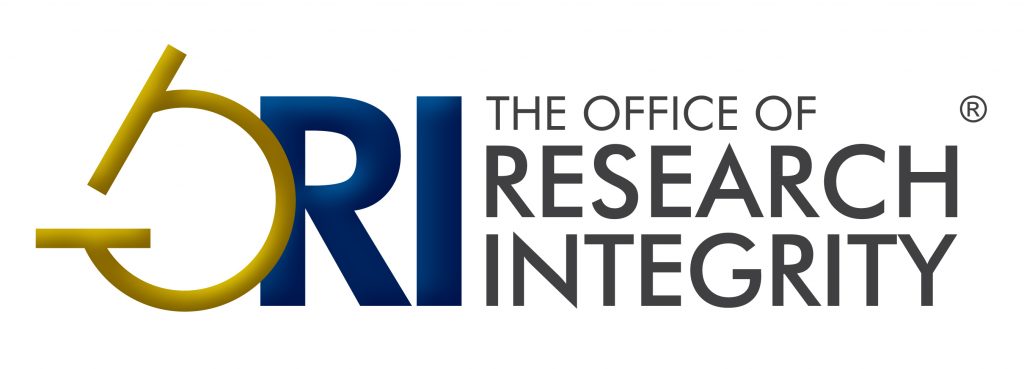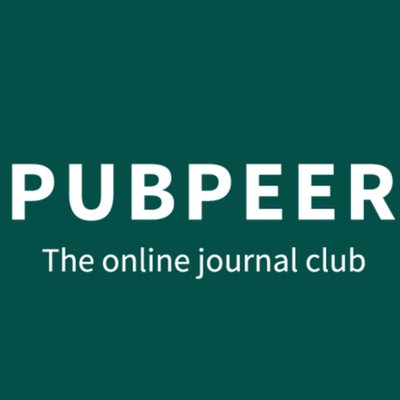In 2021, the provost of the University of Maryland, Baltimore sounded the alarm about a troubling batch of papers from the lab of Richard Eckert, the former chair of the Department of Biochemistry and Molecular Biology at the institution.
The provost sent letters to the editors of seven journals calling out a string of serious issues. Based on the university’s investigation, the papers contained duplicated, fabricated and falsified data, according to emails obtained by Retraction Watch.
But more than three years later, the results of those alerts are mixed: Of the 11 papers the university flagged in 2021, editors corrected three and retracted two. Six still await resolution, with no apparent action taken by the journals.
Continue reading Exclusive: One university’s three-year battle to retract papers with fake data








